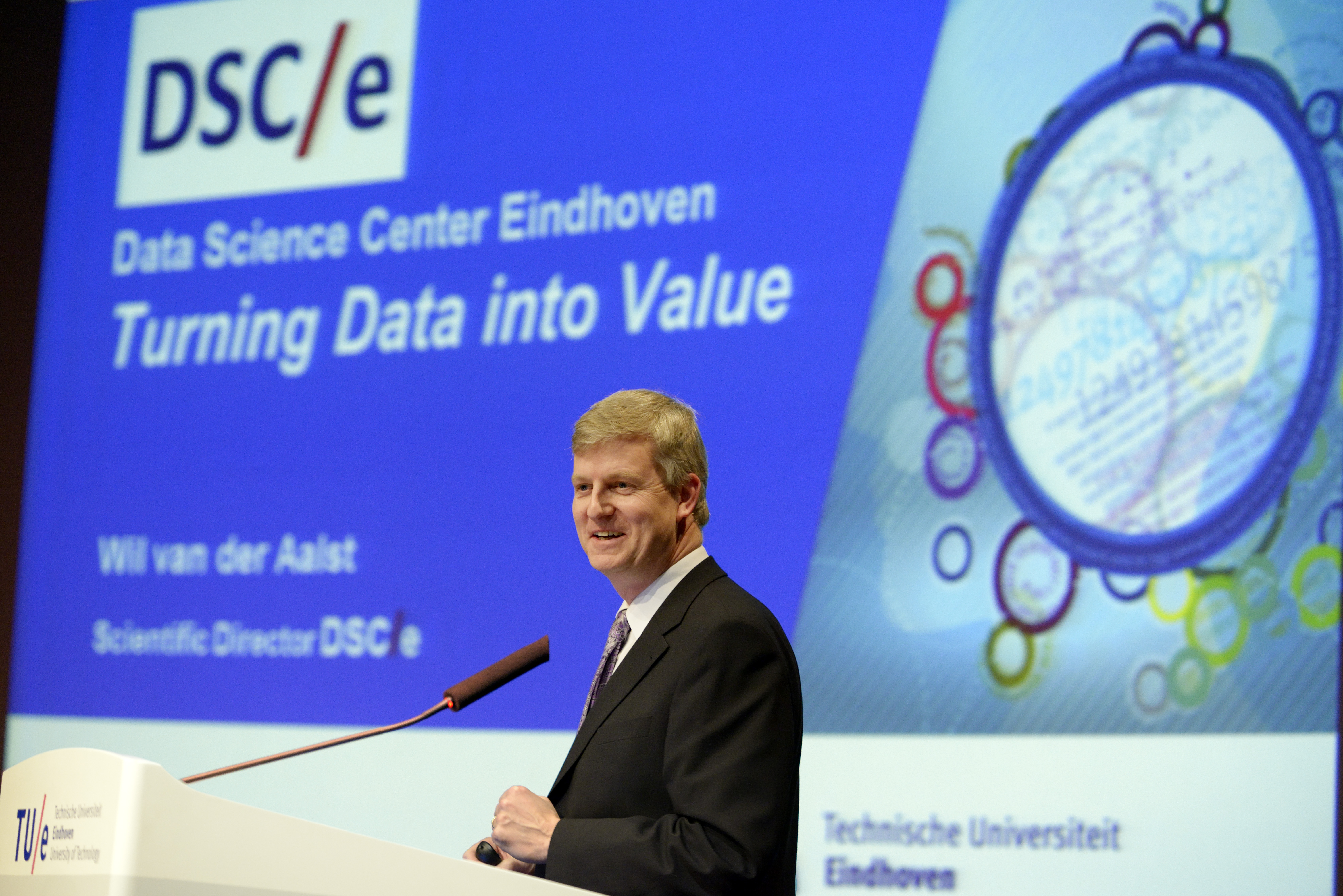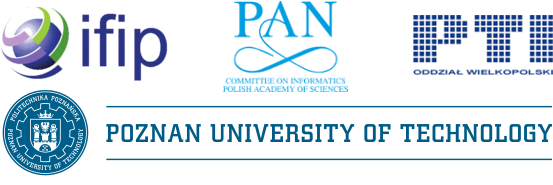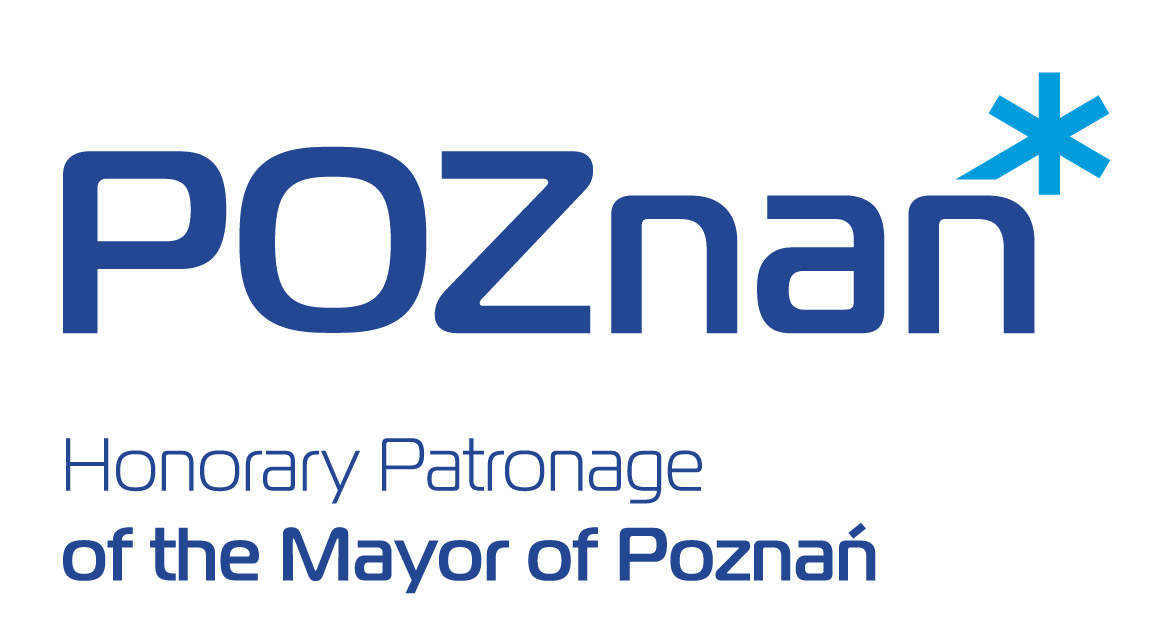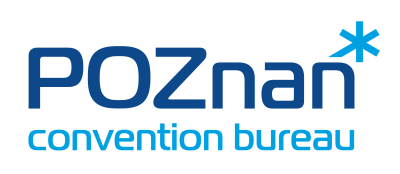Keynote: Responsible Data Science in a Dynamic World
Prof. Wil van der Aalst, Technische Universiteit EindhovenWatch the recordered video here (Video recording by courtesy of Poznan Supercomputing and Networking Center).
Abstract
Big data are changing the way we do business, socialize, conduct research, and govern society. Data are collected on anything, at any time, and in any place. Large datasets are often considered as the “new oil” and data science aims to transform this into new forms of “energy”: insights, diagnostics, predictions, and automated decisions. Yet, the process of transforming “new oil” (data) into “new energy” (analytics) may negatively impact citizens, patients, customers, and employees. Systematic discrimination based on data, invasions of privacy, non-transparent life-changing decisions, and inaccurate conclusions occur everywhere. Responsible Data Science (RDS), also referred to as Green Data Science (GDS), aims to address challenges related to Fairness (Data science without prejudice: How to avoid unfair conclusions even if they are true?), Accuracy (Data science without guesswork: How to answer questions with a guaranteed level of accuracy?), Confidentiality (Data science that ensures confidentiality: How to answer questions without revealing secrets?), and Transparency (Data science that provides transparency: How to clarify answers such that they become indisputable?). These FACT challenges will be illustrated using powerful process mining techniques that are able to discover the real processes, detect deviations from normative process models, and uncover bottlenecks and waste. Process mining can be used to reveal the dynamic behaviors of workers, customers, and other people. In our dynamic world event data is extremely valuable, but can also be used in an irresponsible way. Therefore, concerns related to fairness, accuracy, confidentiality, and transparency generate new and interesting challenges that require technological breakthroughs (and not just stricter laws).
Short biography
Prof.dr.ir. Wil van der Aalst is a distinguished university professor at the Technische Universiteit Eindhoven (TU/e) where he is also the scientific director of the Data Science Center Eindhoven (DSC/e). Since 2003 he holds a part-time position at Queensland University of Technology (QUT). Currently, he is also a visiting researcher at Fondazione Bruno Kessler (FBK) in Trento and a member of the Board of Governors of Tilburg University. His personal research interests include process mining, Petri nets, business process management, workflow management, process modeling, and process analysis. Wil van der Aalst has published over 200 journal papers, 20 books (as author or editor), 450 refereed conference/workshop publications, and 65 book chapters. Many of his papers are highly cited (he one of the most cited computer scientists in the world; according to Google Scholar, he has an H-index of 135 and has been cited 80,000 times) and his ideas have influenced researchers, software developers, and standardization committees working on process support. Next to serving on the editorial boards of over 10 scientific journals he is also playing an advisory role for several companies, including Fluxicon, Celonis, and ProcessGold. Van der Aalst received honorary degrees from the Moscow Higher School of Economics (Prof. h.c.), Tsinghua University, and Hasselt University (Dr. h.c.). He is also an elected member of the Royal Netherlands Academy of Arts and Sciences, the Royal Holland Society of Sciences and Humanities, and the Academy of Europe. Recently, he was awarded with a Humboldt Professorship, Germany’s most valuable research award (five million euros), and will move to RWTH Aachen University at the beginning of 2018.





















